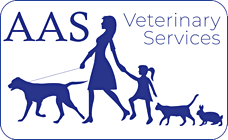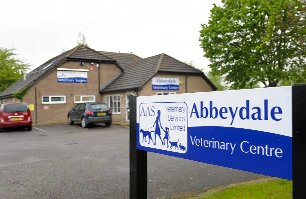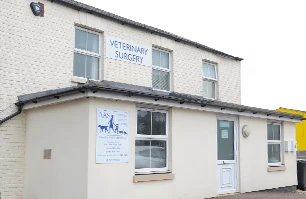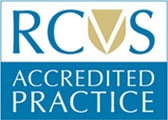Taking on a puppy is a big responsibility - remember it will not stay a puppy for long.
Within a year you will have an adult dog which may be expected to live for 10 years or more. Before getting a puppy think about whether you are able to make a long-term commitment and, if you are, what kind of dog will best suit your lifestyle.
Finding a puppy
There are a huge variety of pedigree dogs and if you decide to get a pedigree puppy you should contact a breeder for further advice. The breeder will be able to provide you with more information about your chosen breed and whether it is really the right kind of dog for you. Do not buy puppies from dealers however tempting it may be. Always ask to see a puppy with its mother and preferably in a home environment. If you have children you should ideally get a puppy brought up in a household with children.
Animal welfare charities and rescue centres are always looking for good homes for puppies and mature dogs. It may be more appropriate for you to have an adult dog that is already trained.
Choosing your puppy
If you get a puppy that is already carrying a disease, it may never recover full health and the treatment may be expensive.
A healthy, happy puppy will:
- have clear bright eyes, clean nostrils and ears, a shiny coat and have a good body condition, but be NOT pot-bellied
- be active and playful and comfortable with people
Information to find out
- Whether the puppy has been vaccinated. If yes make sure you have a vaccination certificate signed by the vet.
- Whether the puppy has been treated for fleas or worm. If yes, with what and when.
- What sort of food the puppy has been eating. Avoid changing the diet suddenly.
Necessary equipment
- carrying box
- food and water bowls
- food (a complete puppy diet)
- comfortable bed
- litter tray with litter
- toys
- a grooming brush or comb
Socialising
Until your puppy has completed his course of vaccinations (around 12-14 weeks) he should only be allowed to mix with other fully vaccinated animals. If you have other pets, introduce them gradually to the puppy and never leave them alone together at first. It is very important for a puppy to meet a variety of other animals and people as soon as possible. Once his vaccination course is finished try to get out and about with your puppy - there are also puppy 'socialisation classes' where your pup can meet others of the same age for fun and frolics. Think about attending puppy training classes - bad habits learned early are hard to break!
Further Care
- Register your puppy with a vet as soon as possible and ask for a health check.
- Regular, daily grooming will help keep your pet in top condition.
- Dental disease is common in dogs and this can be avoided by daily tooth brushing.
Vaccinations
There are a number of highly infectious (and potentially fatal diseases) that can affect your dog. There is no treatment for many of these diseases and young puppies that catch them often die. However, for many of these conditions there is a simple protection in the form of vaccination. Ensure that your dog completes an initial course of vaccinations and then receives regular booster jabs if you want to keep your dog fit and healthy.
Neutering
You should discuss this with your vet at the time of vaccination if you are not planning to let your pet have puppies.








